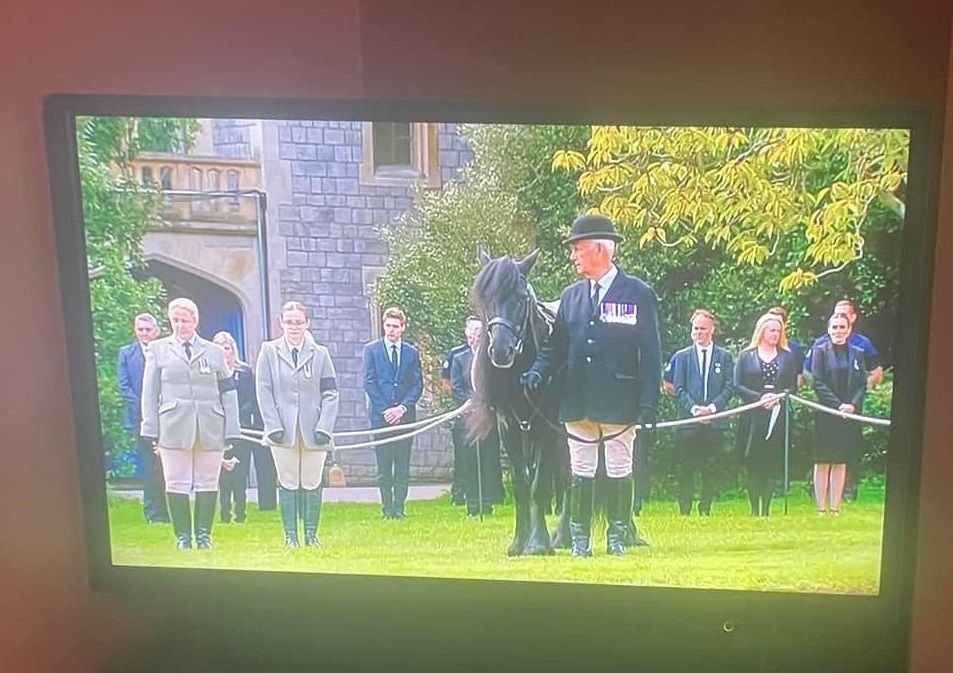Observers from outer space will have noticed that planet Earth was particularly quiet yesterday as it said goodbye to Queen Elizabeth II of Britain, perhaps the most famous person of the modern age.
Sci-fi fans among the aliens watching on delayed transmission, many light years away of course, will have enjoyed the line in the BBC write-up: “Ex-prime ministers were clustered together, nodding awkwardly like Doctor Whos from rival eras.”
They were just some of the hundreds of dignitaries present, which included French President Emmanuel Macron and US President Joe Biden.
Eyeballed by the British King
The same report observed that the queen’s successor, Charles III, seated with his family by his side and behind him, “stared straight ahead”.
And by chance, sitting directly opposite the British King, barely a few metres away, was neither Biden nor Macron, but a familiar face to Charles, with whom he shares a relatively recent ancestor.
The decision to seat the Danish Queen was probably no coincidence, as Queen Margrethe II is now the senior member of the European royals, having now succeeded Elizabeth II as the continent’s longest reigning monarch.
Just one sultan away now
Indeed, just two years ago, Margrethe was the world’s fourth longest reigning monarch, but in 2020, the death of Qaboos bin Said, the Sultan of Oman, elevated her to number three.
Following Elizabeth’s death, only the Sultan of Brunei, Hassanal Bolkiah, has been on his throne longer. His reign began in October 1967, while Margrethe’s started in January 1972.
Behind Margrethe, both on the European and world lists, is the Swedish monarch, King Carl XVI Gustaf, whose reign started in September 1973.
Furthermore, should Margrethe emulate Elizabeth II and celebrate her Diamond Jubilee in a decade’s time, she’ll overtake King Christian IV, who managed 59 years on the throne, as Denmark’s longest ever ruler.















